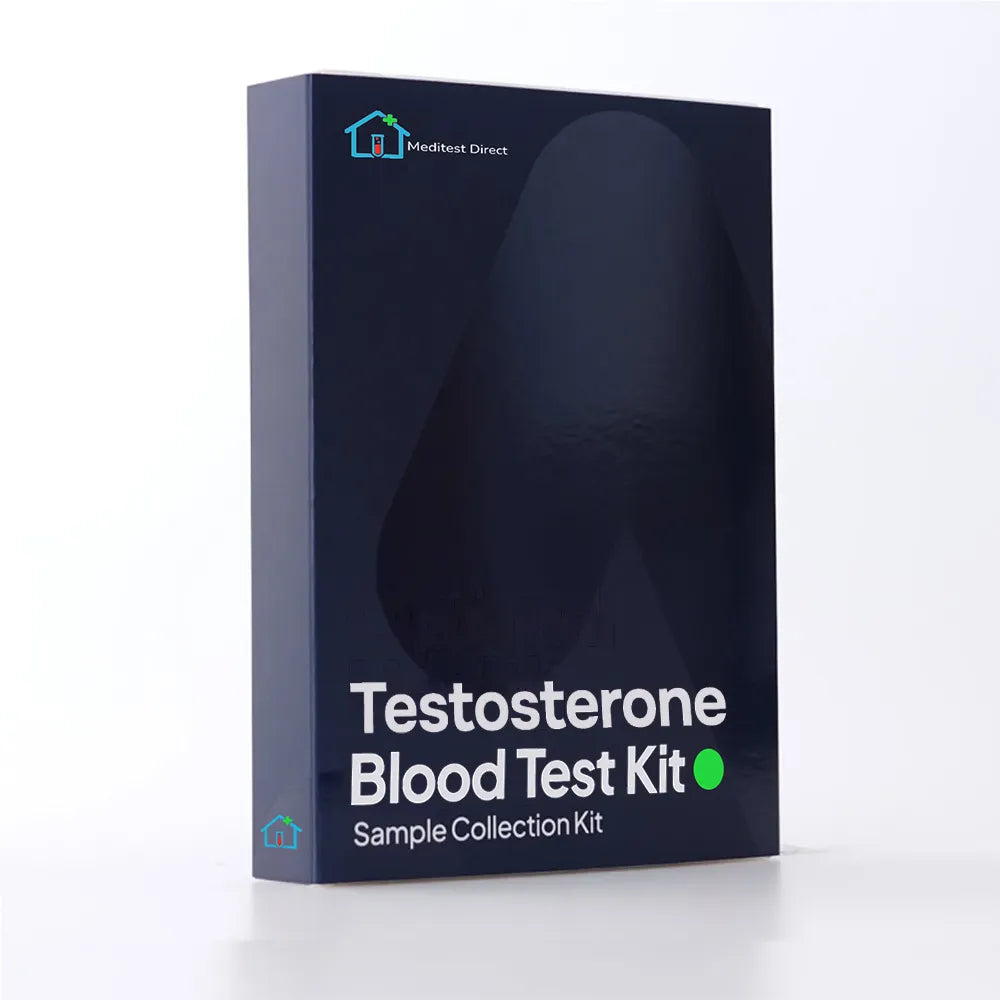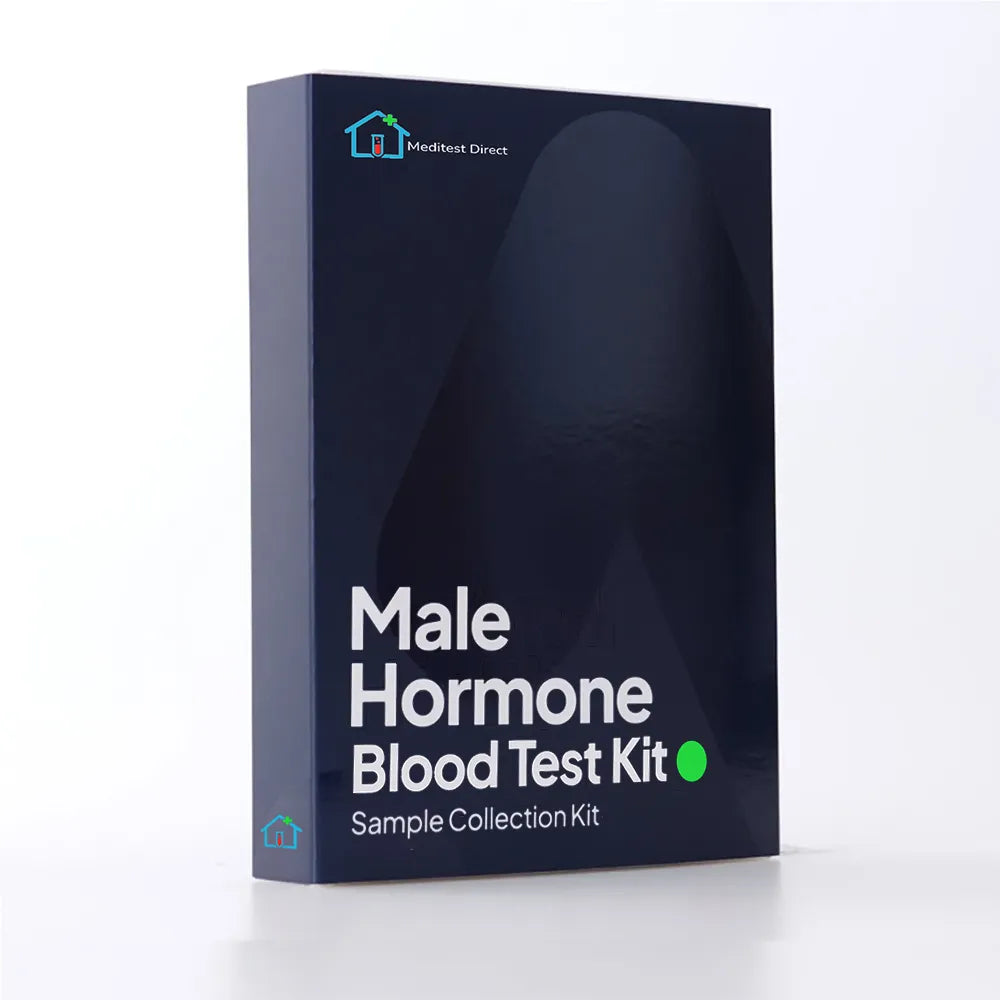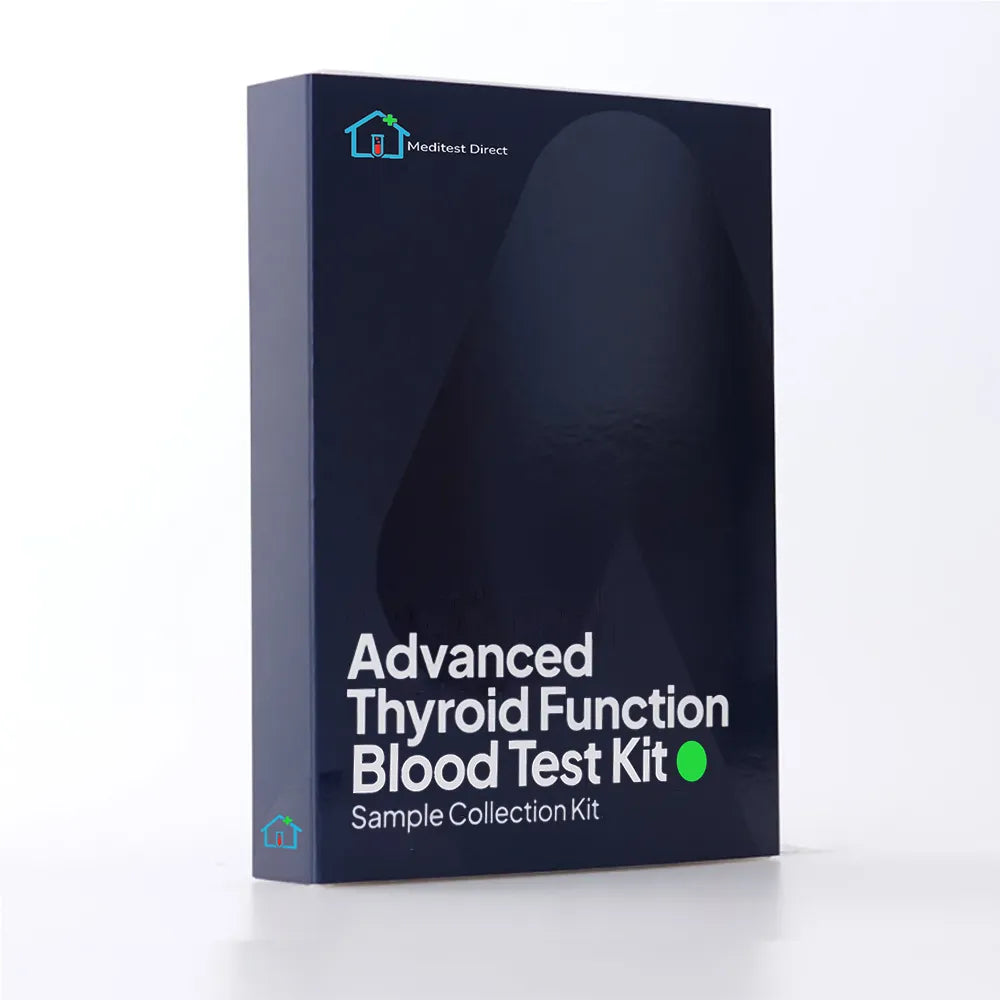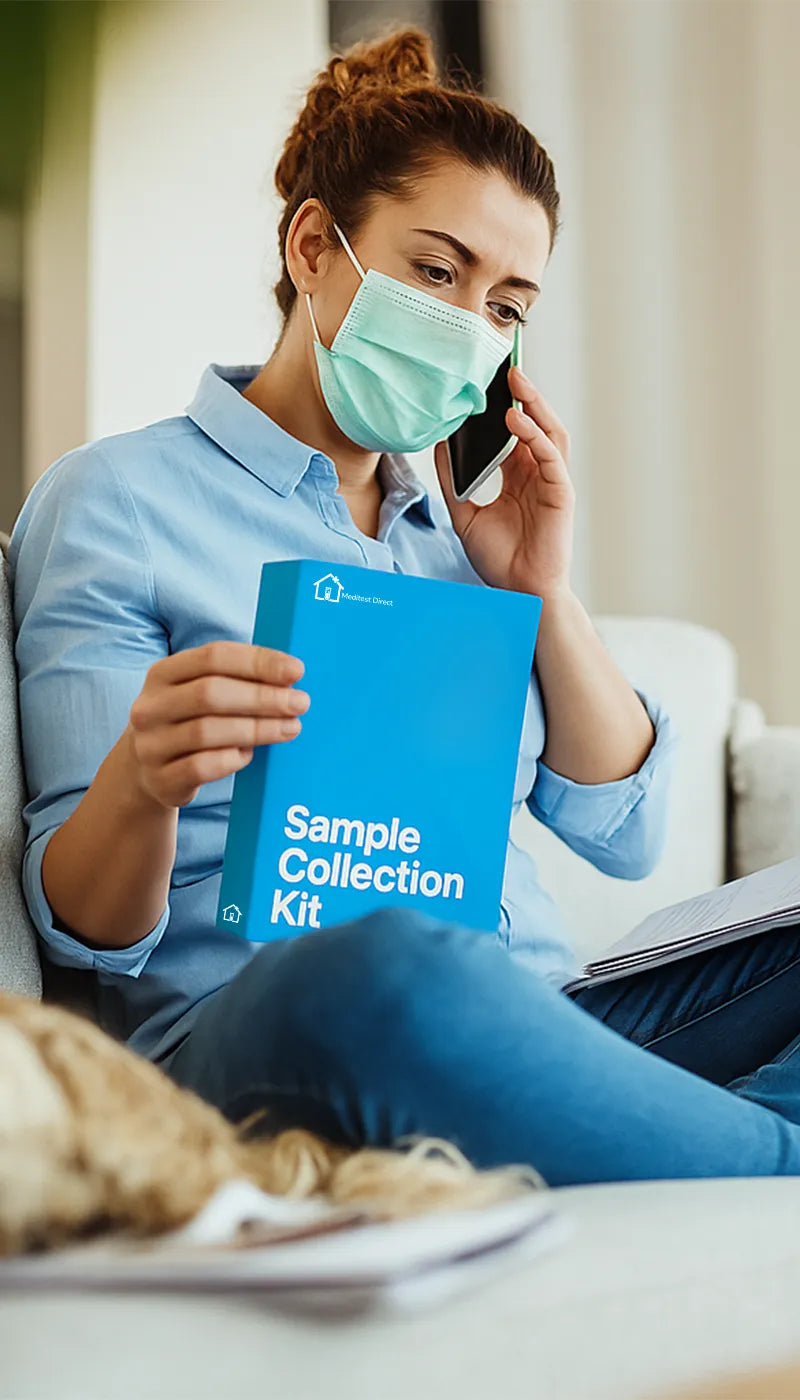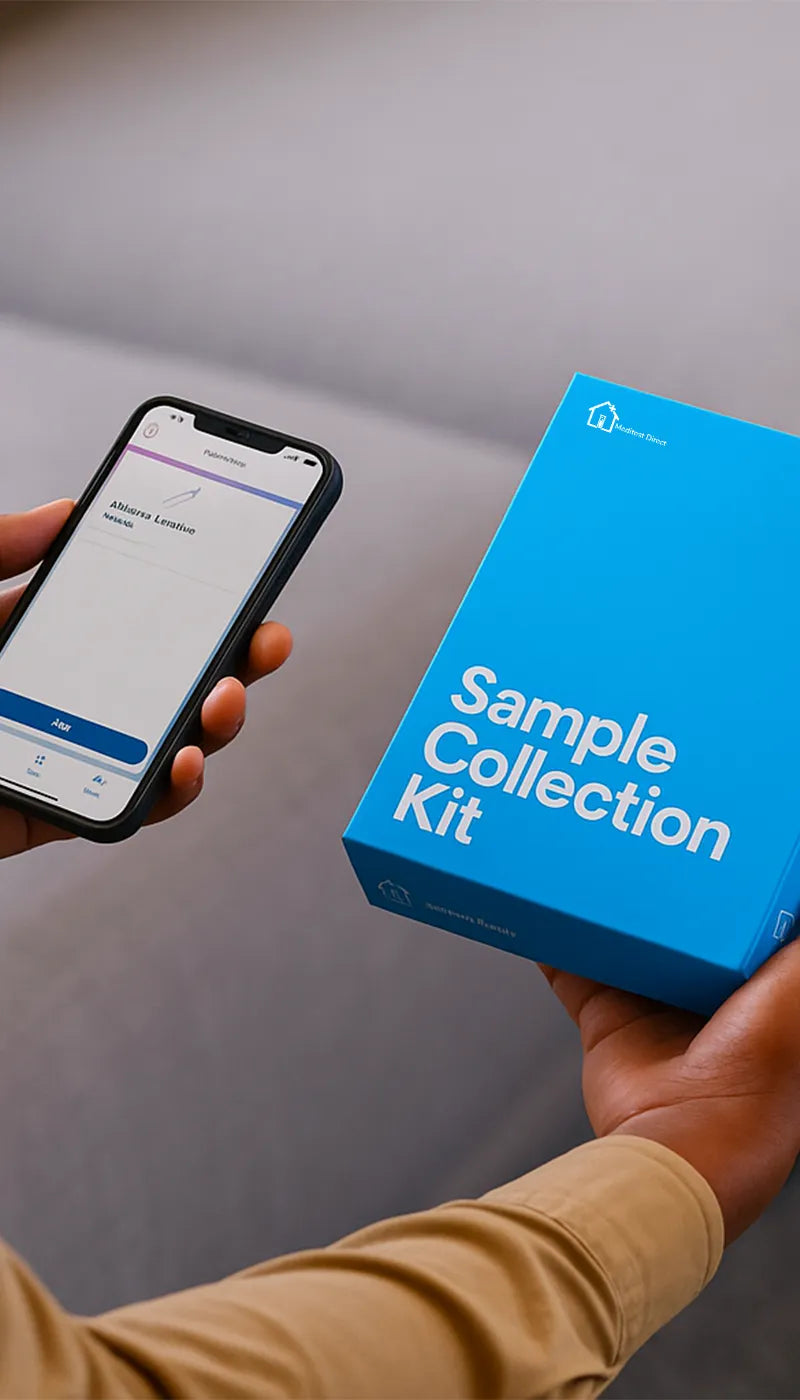This product is a home blood test kit designed to help you assess key hormone levels that may indicate polycystic ovary syndrome (PCOS), a common condition affecting ovulation and metabolism. If you're experiencing symptoms such as irregular periods, weight changes, or acne, this test can help clarify your hormone balance and inform further medical advice or lifestyle changes.
Why choose this product
-
Measures key hormones associated with PCOS to help identify potential imbalances
-
Provides insight into your hormonal health, aiding in understanding symptoms and planning next steps
-
Convenient home sampling with results processed by certified laboratories for accurate and reliable information
Important information
-
This product is for informational purposes only and is not intended to diagnose, treat, or prevent any medical conditions
-
Results should be reviewed with a qualified healthcare professional
-
All samples are analysed by UKAS‑accredited laboratories
